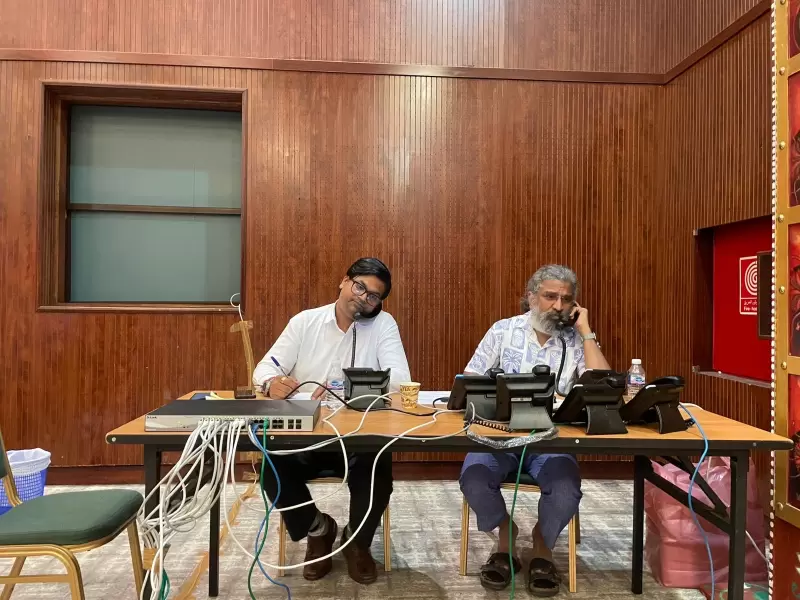Pallavi Gopal leads Yale lab studying key protein behind ALS, dementia
Her team studies TDP-43 movement in neurons to uncover how its mutations trigger ALS and dementia before symptoms appear.
.jpg) Gopal Lab members, from left, Smita Mathew, PhD, Pallavi Gopal, MD, PhD, Aditi Naskar, PhD, and Sonali Vishal, PhD. / Yale School of Medicine
Gopal Lab members, from left, Smita Mathew, PhD, Pallavi Gopal, MD, PhD, Aditi Naskar, PhD, and Sonali Vishal, PhD. / Yale School of Medicine
Pallavi Gopal, a physician-scientist and associate professor of pathology at Yale School of Medicine, is leading efforts to better understand the role of a protein called TDP-43 in neurodegenerative diseases such as amyotrophic lateral sclerosis (ALS) and frontotemporal dementia (FTD).
At the Gopal Lab in Yale Pathology, Gopal and her team are investigating how mutations in TDP-43, a protein that binds to RNA and DNA inside cells, may disrupt normal brain cell function and contribute to disease. “We study this RNA binding protein because there’s a lot of genetic and cell biological evidence that this is an important part of the pathogenesis of those two diseases,” the lab told Yale School of Medicine.
This post is for paying subscribers only
SUBSCRIBE NOWADVERTISEMENT
ADVERTISEMENT
E Paper
Video




 Pranavi Sharma
Pranavi Sharma













Comments
Start the conversation
Become a member of New India Abroad to start commenting.
Sign Up Now
Already have an account? Login